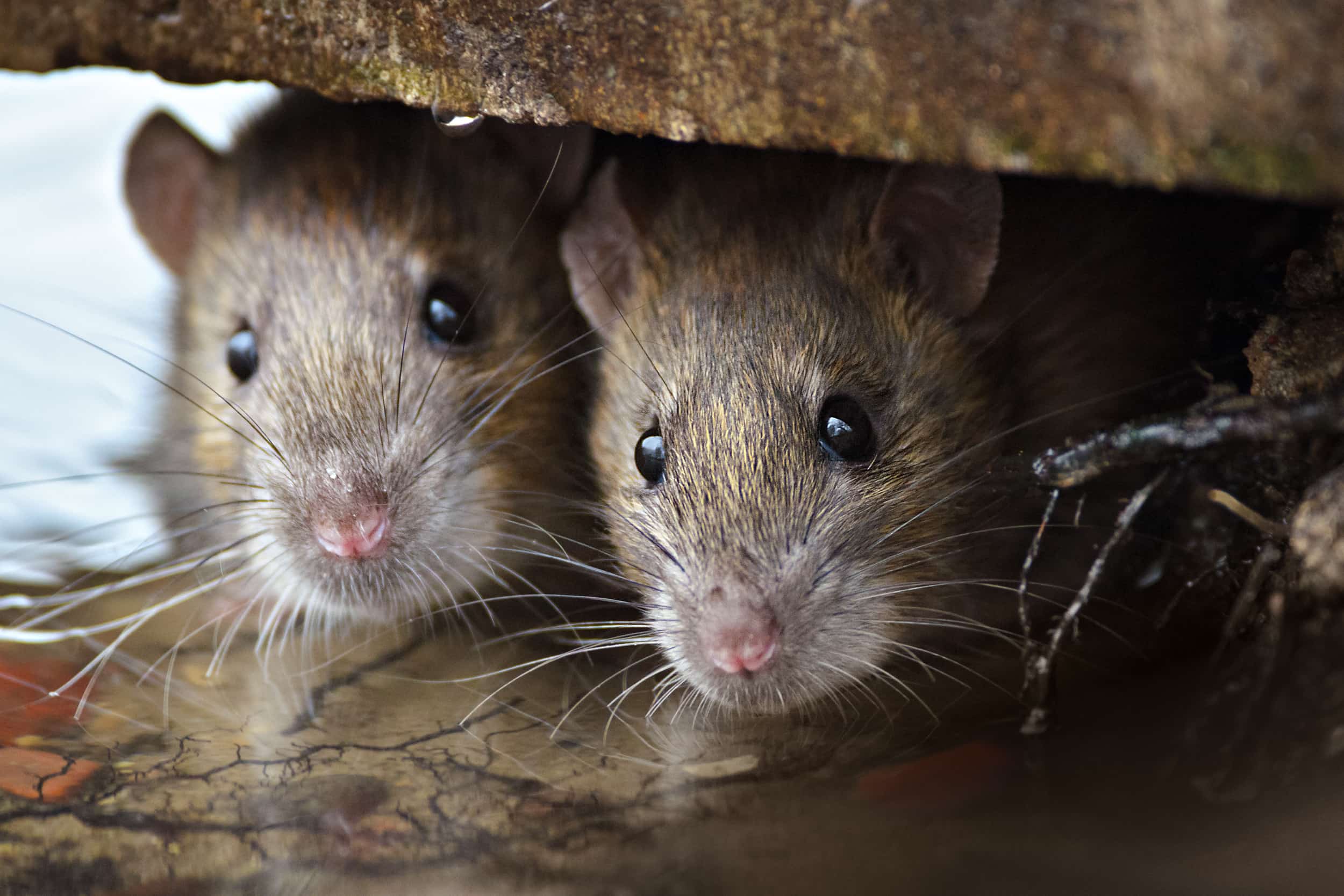That’s going to be a big “false.” Here’s why.

In most regions of the United States, everything slows down or enters a dormant state in winter. For example, trees and plants drop their leaves until buds, bulbs and seeds awake in the spring. Bears and groundhogs hibernate, and birds fly off in search of warmer climates.
But what about the usual pests? Do you have to worry about how to keep mice away in the winter? How about mosquitoes? Take a look at the cold weather habits of several common household pests.
Do Rodents Hibernate?
Yes and no. Certain rodents, like groundhogs or chipmunks, do hibernate. However, many others remain active. That means if you think you don’t have to worry about rats or mice in winter, you may be in for an unpleasant surprise.
Rats and mice actually stay active in the winter, as do tree squirrels. But unfortunately, their food sources tend to get scarce, so they may look for those sources in your home.
In addition, the cold temperatures can lead them to search for a warm place to wait out the winter. And the shelter they end up hunkering down in could very well be your nice warm home.
Where Do Insects Go in the Winter?
Insects don’t just die out when it gets cold. If they did, you wouldn’t see them again when the weather warms up. Since there are a variety of insects — and no two are exactly the same — there are many different ways in which bugs handle winter weather.
For example, you may have noticed that you don’t get bitten by mosquitoes in winter. So what happens to them? Many females store up fat and enter a stage that’s similar to hibernation. This is called “diapause.” Male mosquitoes do die in the winter, though.
While female mosquitoes are in diapause, many other insects are still going about their bug lives. All types of termites can be active throughout the year. In fact, if the conditions are right they could swarm no matter the season.
In addition, cockroaches and spiders are awake during colder months. Like mice in the winter, these insects might make their way into your home when searching for food sources and more desirable temperatures.
What Makes Your Home More Attractive to Pests in Winter?
Naturally, the warm temperature of your house is a draw, but as humans don’t hibernate, there’s little you can do about that. Some other factors that may attract pests are:
- Easy points of entry, such as gaps under doors, dryer vents and cracks or holes in your foundation. Pests can also gain access to your home by crawling up trellises, plants or tree branches that make contact with your house.
- Readily available food sources including inside food waste or crumbs, as well as pet food. Outside trash cans that don’t have secure lids can also attract pests, as can pet waste left in your yard.
Don’t think that you’ll be free of pests just because there’s a chill in the air or snow on the ground. Make sure you work with a professional pest control service like Terminix® to help prepare your home for unwelcome cold weather visitors. That way, you can spend less time worrying about roaches, mice and other pests in the winter, and more time enjoying the season.




